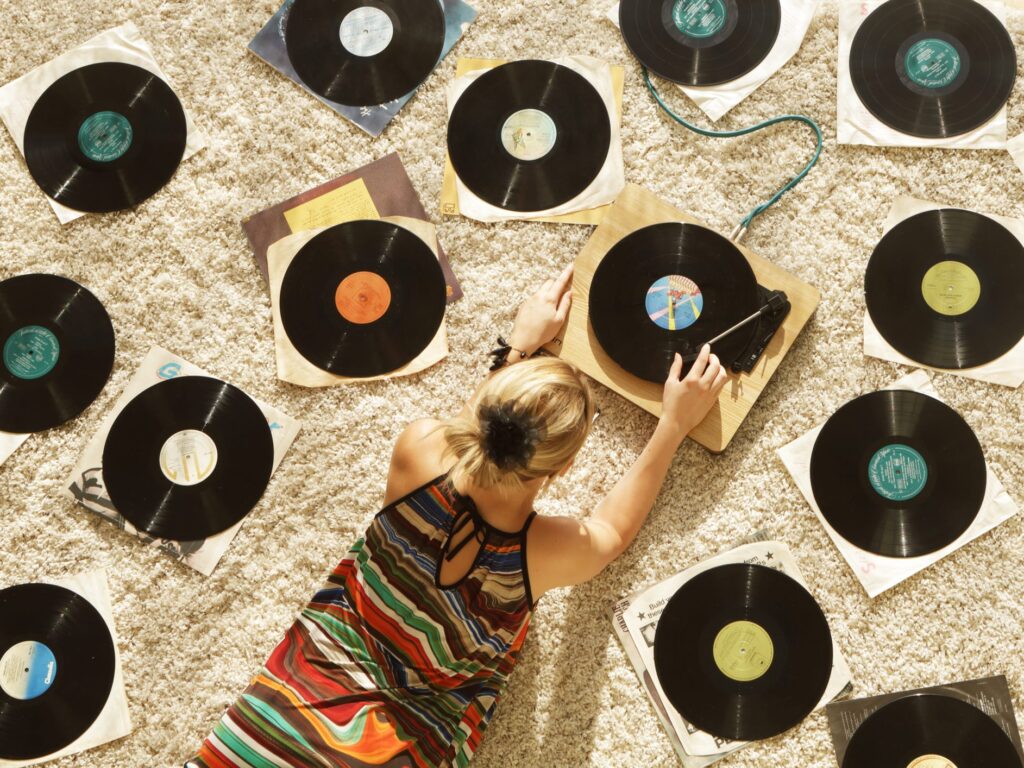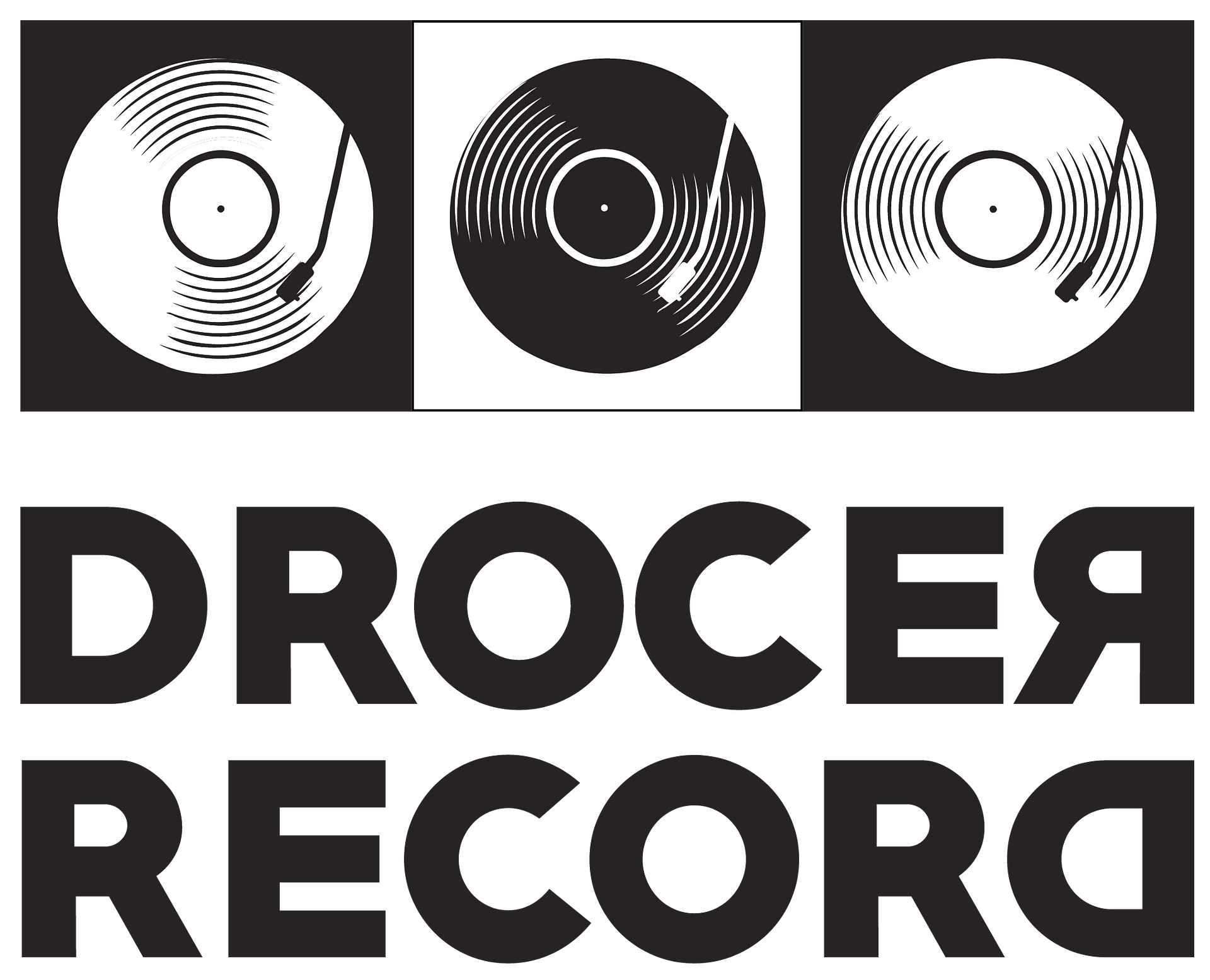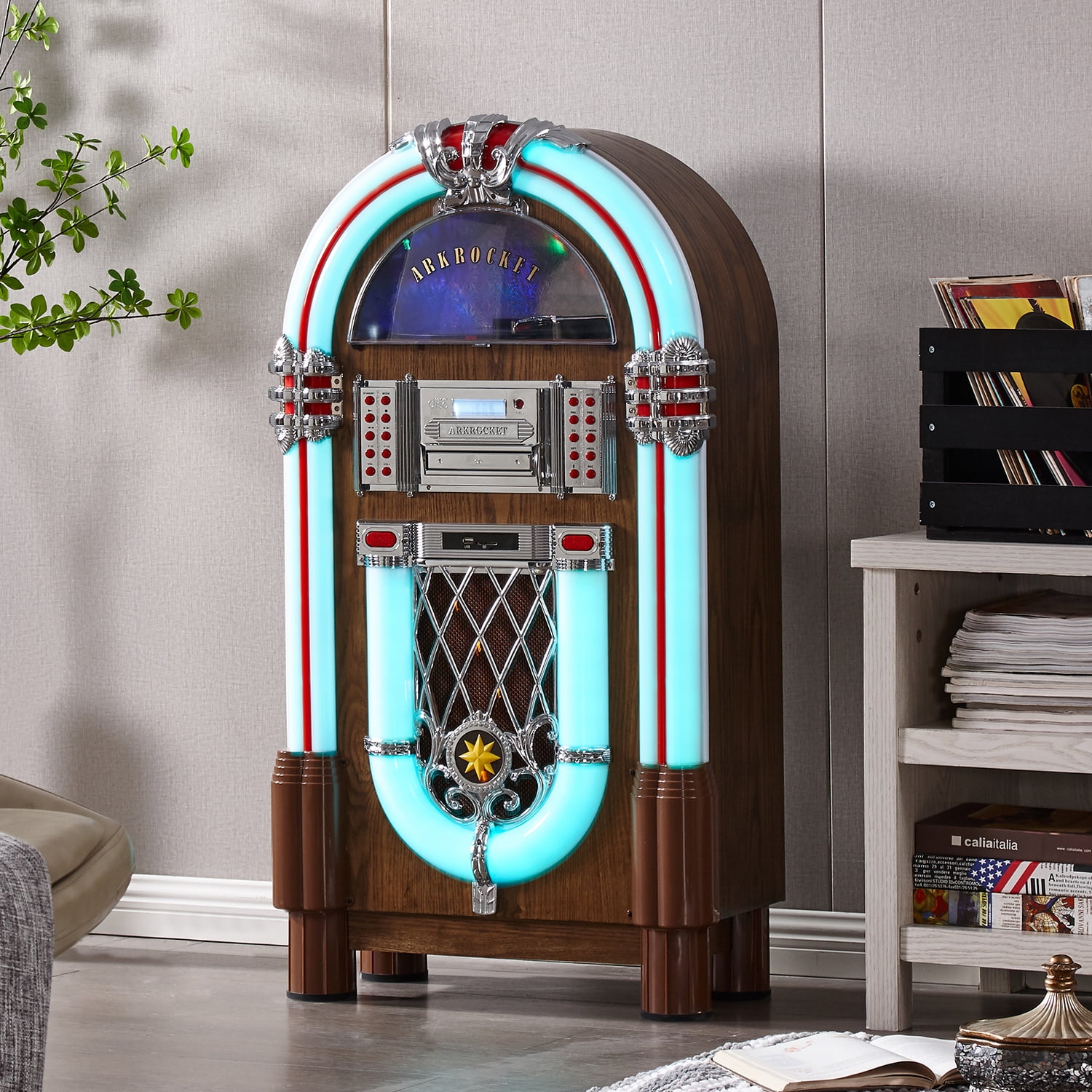In an age dominated by digital streaming and portable devices, the resurgence of the jukebox might come as a surprise to many. However, the popularity of jukeboxes in 2025 represents a broader cultural shift toward nostalgia, personalization, and the desire for tangible experiences in an increasingly virtual world. From their roots as icons of 20th-century entertainment to their modern evolution, jukeboxes have undergone a remarkable transformation. This evolution has not only preserved their charm but has also introduced innovative features that appeal to contemporary audiences. Today, jukeboxes are far from relics of the past—they are thriving as cultural artifacts and cutting-edge entertainment hubs, captivating younger generations while rekindling fond memories for older ones.
The Pull of Nostalgia
One of the driving factors behind the renewed interest in jukeboxes is the universal longing for nostalgia. As technology advances at a breakneck pace, many people find themselves yearning for simpler times when music and social interaction went hand in hand. Jukeboxes evoke memories of diners, bars, and dance halls where communities gathered, shared stories, and bonded over their favorite tunes. These machines were more than just music players; they were cultural epicenters where emotions and experiences were shared. In 2025, this sense of nostalgia has found a new home in restaurants, pubs, and even private homes. Establishments that cater to millennials and Generation Z have recognized the emotional pull of jukeboxes, incorporating them into retro-themed spaces that blend the past with the present. The ability to relive these shared experiences has turned jukeboxes into symbols of connection, appealing to people seeking meaningful interactions in an increasingly digitalized and isolated world.
Blending Retro Charm with Modern Technology
While nostalgia fuels much of the demand for jukeboxes, technological innovation has been key to their resurgence. Unlike their mid-20th-century predecessors, modern jukeboxes are equipped with state-of-the-art features that cater to today’s music lovers. High-definition touchscreens, voice-activated song selection, and integration with streaming services like Spotify and Apple Music have brought jukeboxes into the 21st century. These machines are no longer limited to physical records or CDs; they offer access to vast music libraries, making them versatile and appealing to a broader audience. Bluetooth and Wi-Fi connectivity also allow users to control the jukebox from their smartphones, merging retro aesthetics with modern convenience. This seamless blend of old and new technology has made jukeboxes a favorite among younger generations who value both the vintage charm and the cutting-edge functionality they provide.
The Social and Interactive Experience
Another critical factor contributing to the popularity of jukeboxes in 2025 is their role as conversation starters and mood setters in social settings. In a world where digital playlists are often impersonal and algorithm-driven, jukeboxes offer a more interactive and engaging experience. Choosing a song from a jukebox involves an element of anticipation and communal participation. It’s a shared activity that sparks conversations, debates, and even laughter as people take turns picking songs that reflect their personalities or memories. This interactive element is particularly valuable in settings like bars, cafes, and parties, where music serves as a backdrop to human connection. Jukeboxes also allow for customization of playlists to suit the vibe of a particular event or venue, ensuring that they remain relevant and versatile in any context.
Jukeboxes as Status Symbols in Private Homes
The role of jukeboxes in private homes has also expanded significantly. In 2025, owning a jukebox has become a status symbol for music enthusiasts and collectors. These machines are no longer confined to commercial spaces; they are now prized additions to home entertainment systems. Whether it’s a fully restored vintage model or a sleek modern design, jukeboxes serve as conversation pieces that reflect the owner’s personality and taste. For audiophiles, the sound quality of a well-maintained jukebox, especially one equipped to play vinyl records, is unmatched. The tactile and auditory experience of using a jukebox at home creates a sense of intimacy and nostalgia that no digital device can replicate. Homeowners who invest in jukeboxes often go the extra mile to curate personalized music libraries, blending classic hits with modern tracks to create a unique auditory experience that cannot be found anywhere else.
Sustainability and Environmental Appeal
The sustainability and environmental benefits of jukeboxes have also played a role in their renewed popularity. In an era where consumers are increasingly mindful of their ecological footprint, jukeboxes represent a sustainable alternative to disposable gadgets. Many modern jukeboxes are built with durable materials designed to last for decades, reducing the need for frequent replacements. Vintage jukeboxes, when restored, are the epitome of upcycling—giving new life to old machinery while preserving their historical value. Additionally, jukeboxes that play vinyl records contribute to the revival of physical music formats, which have a lower environmental impact compared to the energy-intensive processes involved in streaming. This alignment with sustainable values has made jukeboxes particularly appealing to eco-conscious consumers who want to enjoy music without compromising their principles.
Role in Experiential Entertainment
Furthermore, jukeboxes have found a niche in the growing trend of experiential entertainment. As consumers prioritize unique and memorable experiences over material possessions, jukeboxes have emerged as ideal focal points for themed events, weddings, and private gatherings. The tactile nature of jukeboxes—the physical act of pressing buttons or flipping through a song list—offers a break from the intangible world of digital media. Event planners and venue owners have recognized the appeal of these machines as both functional entertainment systems and decorative pieces that add character and charm to any space. Some high-end venues have even started incorporating custom-designed jukeboxes as part of their branding, using the machines as symbols of authenticity and exclusivity.
Enhancing Retro Culture with Music History
Moreover, jukeboxes have gained traction in the education and cultural sectors as tools for preserving and showcasing musical history. Museums and educational institutions have started using jukeboxes to create interactive exhibits that allow visitors to explore the evolution of music through decades and genres. These installations provide a tactile, engaging way to learn about the history of recorded music and its impact on society. For younger generations, who may have grown up in a world dominated by streaming platforms, jukeboxes offer a fascinating glimpse into how people once consumed and shared music. By combining history, technology, and entertainment, jukeboxes have found a meaningful role in fostering an appreciation for music’s cultural heritage.
Jukeboxes as a Focal Point for Community Engagement
Jukeboxes in 2025 have become essential in fostering community engagement, especially in local businesses like cafes, pubs, and community centers. These machines are often strategically placed in venues to encourage interaction among patrons. Unlike streaming services, which are typically used individually, jukeboxes invite collaboration. Patrons can collectively choose songs, sparking conversations about favorite artists, genres, and musical memories. This shared experience fosters a sense of community and transforms the jukebox into a social hub. Bars and restaurants have even started hosting “jukebox nights,” where guests can curate the evening’s playlist, creating a lively and personalized atmosphere that attracts repeat customers.
The Economic Impact of Jukebox Resurgence
The resurgence of jukeboxes has not only captured the hearts of music lovers but has also created a thriving market for manufacturers, restorers, and retailers. Vintage jukebox restoration has become a specialized trade, with businesses dedicated to refurbishing classic models for collectors and enthusiasts. Meanwhile, modern jukebox manufacturers are experiencing increased demand, leading to innovation in design and functionality. This industry growth has positively impacted related sectors, including music licensing, vinyl record production, and event planning. The economic ripple effect underscores how jukeboxes have transitioned from niche collectibles to significant contributors to the entertainment and retail industries.
Jukeboxes in the Digital Era
Jukeboxes in 2025 have successfully bridged the gap between analog and digital technologies, making them relevant in the modern music landscape. Smart jukeboxes now incorporate AI algorithms to suggest songs based on users’ preferences or the mood of a venue. These features, combined with seamless connectivity to streaming platforms, have expanded the jukebox’s utility beyond nostalgic appeal. Users appreciate how these machines blend the tactile joy of traditional jukeboxes with the convenience of modern music technology. This evolution ensures that jukeboxes remain a staple in entertainment, catering to both purists who love physical formats and tech-savvy consumers.

Jukeboxes and the Rise of Vinyl Collecting
The popularity of jukeboxes has further fueled the vinyl record revival. With many jukeboxes now designed to play vinyl records, they have become an integral part of the resurgence of this beloved format. Audiophiles often cite the superior sound quality of vinyl, and jukeboxes amplify this experience by providing a nostalgic yet immersive way to enjoy it. As vinyl sales continue to soar, jukeboxes have become a centerpiece for showcasing record collections. This symbiotic relationship has benefited both industries, with record shops offering jukebox-friendly vinyl and jukebox manufacturers designing models specifically for the vinyl enthusiast.
The Psychological Appeal of Jukebox Interaction
The psychological allure of jukeboxes lies in their ability to create a sense of control and connection for users. Unlike algorithm-driven playlists, which often feel impersonal, selecting a song on a jukebox requires deliberate choice. This act of curating music provides a sense of agency and personal investment in the listening experience. Psychologists note that this interactivity can evoke happiness and satisfaction, as it fosters a deeper connection to the music and the social environment. In 2025, where passive consumption of music is the norm, jukeboxes stand out as an active and rewarding form of engagement.
Jukeboxes in the Luxury Market
Jukeboxes have also carved out a niche in the luxury market, appealing to affluent consumers who seek exclusive and customizable entertainment solutions. High-end jukebox models are crafted with premium materials such as chrome, wood, and LED lighting, offering a sophisticated aesthetic that complements luxury interiors. Some manufacturers offer bespoke designs, allowing clients to incorporate personal branding, custom artwork, or specific features into their jukeboxes. These luxury machines are often paired with high-fidelity audio systems, making them a centerpiece of home entertainment. For collectors and high-net-worth individuals, owning a jukebox is a statement of refined taste and an appreciation for timeless craftsmanship.
The Future of Jukeboxes
As we move forward, the jukebox is poised to continue evolving while staying true to its roots as a symbol of music, nostalgia, and community. Advancements in virtual reality (VR) and augmented reality (AR) technologies could further enhance the jukebox experience, allowing users to interact with music in immersive new ways. Meanwhile, the growing focus on sustainability may inspire manufacturers to develop eco-friendly jukeboxes with energy-efficient features and recyclable materials. Whether as a nostalgic relic, a technological marvel, or a cultural icon, the jukebox’s adaptability ensures that it will remain a cherished part of our collective music experience well into the future.
Jukeboxes as Cultural Icons
Jukeboxes have transcended their original purpose as music players to become enduring cultural icons in 2025. They symbolize a bygone era when music was a shared, tangible experience rather than a digital commodity. This cultural significance is reinforced through their appearances in films, television, and advertisements, where they often represent themes of nostalgia, rebellion, or romance. For many, jukeboxes are a bridge between generations, sparking conversations about the evolution of music and the memories associated with it. Their ability to evoke a sense of timelessness and emotional connection ensures that jukeboxes remain deeply rooted in cultural consciousness, cherished by enthusiasts and casual admirers alike.
Conclusion: Jukeboxes and the Future of Music
As we look ahead, the enduring popularity of jukeboxes in 2025 highlights a broader cultural trend toward reclaiming the past while embracing the future. These machines represent more than just a way to play music; they embody the values of connection, personalization, and authenticity that are increasingly rare in a digital world. Whether in commercial spaces, private homes, or social media feeds, jukeboxes continue to captivate audiences with their timeless charm and modern innovations. Their ability to bridge generations, spark conversations, and create unforgettable experiences ensures that they will remain relevant for years to come.
For those interested in enhancing their vinyl record collections, Drocker, a leading vinyl record e-commerce store, offers an extensive range of classic and contemporary albums. With its commitment to quality and customer satisfaction, Drocker is the go-to destination for music enthusiasts looking to relive the golden age of vinyl and discover new favorites. Whether you’re a casual listener or a dedicated collector, Drocker has something for everyone, helping you create the perfect soundtrack for your jukebox and beyond.





